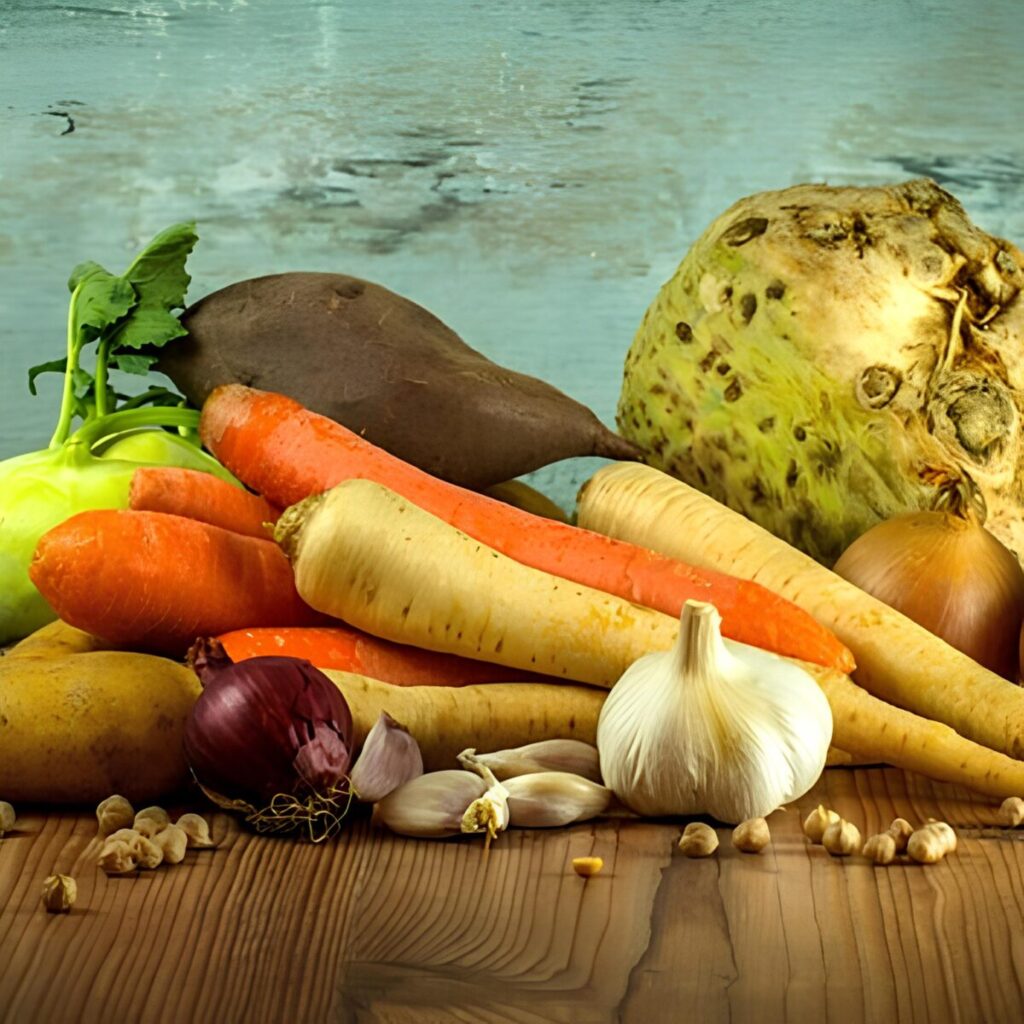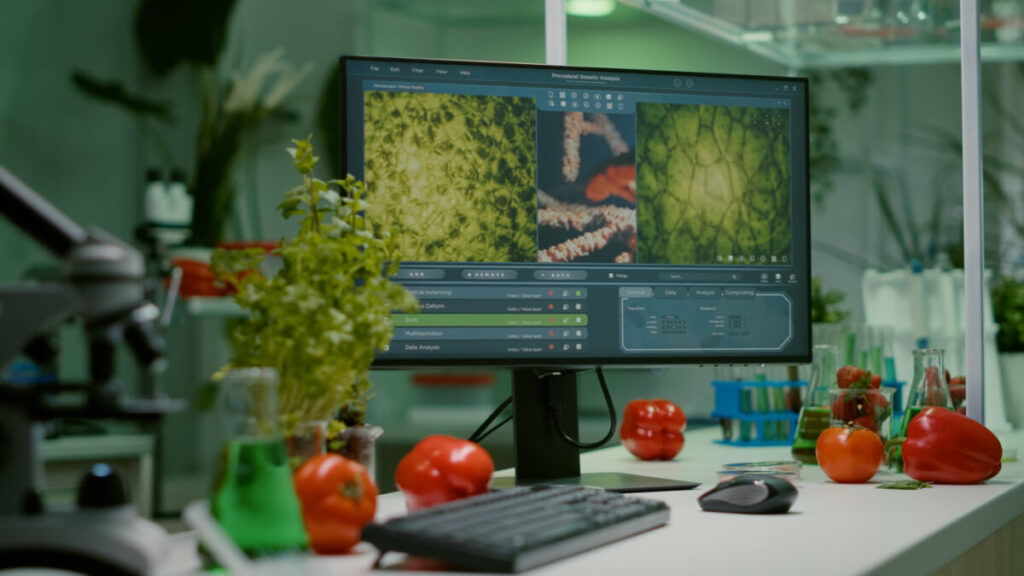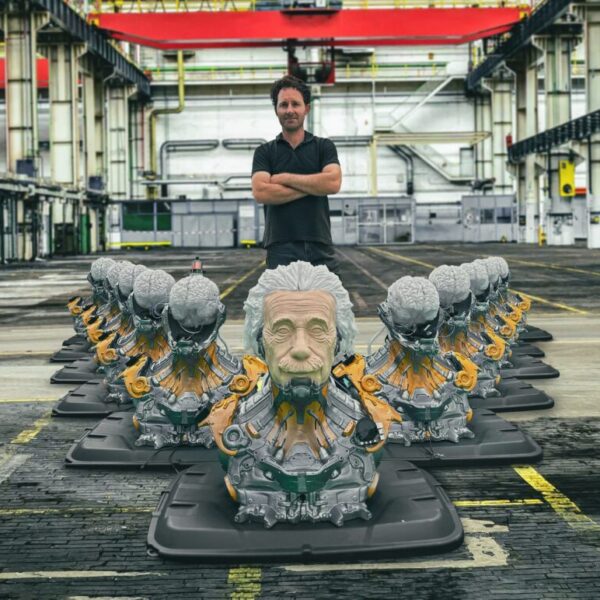In the south and north of the Mediterranean, artificial intelligence is leaving laboratories to irrigate fields, kitchens, and classrooms. In a context of climate, economic, and social tensions, Israeli, Cypriot, and Italian projects are making it a concrete tool for resilience. But this silent revolution also raises a question: who will really benefit from it?
This article is a summary of 3 articles, published in 22-med, dedicated to the rise of artificial intelligence in our daily lives, available in the 11 languages used on the site.
A cutting-edge software to ensure global food security : Caroline Haïat - Israel
Can AInsteinJunior change the global educational system?: Andri Kounnou - Cyprus
Can artificial intelligence reduce food waste?: Jessica Perra - Italy
Without fanfare or slogans, AI is settling into daily practices. Where the balances of tomorrow are played out: feeding growing populations, preparing new generations, limiting waste. These experiences, conducted on both shores of the Mediterranean, remind us that technology is less an end than a means — and that its deployment depends as much on political choices as on lines of code. In a space where geopolitical tensions intersect with ecological urgencies, AI could well become a strategic instrument as much as a field tool.
Feeding the planet differently
In Israel, the start-up Croptimize is tackling a vital challenge: maintaining food security in an unstable world. The result of twenty-five years of research at the Hebrew University, its software combines agronomic modeling and geospatial algorithms to predict, over ten years, which crops to plant and where.

"Due to climate change, the entire food production chain is impacted and constantly undergoing disruptions," explains Pamela Jramoy, co-founder. "Thanks to this software, we are now able to plan responses over ten years that consider climate change."
In the region, where water availability, soil salinity, and drought cycles often dictate yields, anticipating becomes a matter of survival. Croptimize promises to optimize land, but also to identify new cultivable areas, including in regions previously deemed marginal.
Already used by major agribusinesses, banks, and insurers, the tool could, according to its creators, reduce political instability related to food insecurity. However, its large-scale dissemination will depend on the ability to democratize access. In a context where many Mediterranean producers work on small family plots, there is a risk that these innovations will primarily benefit the best-capitalized actors.
The school reinvented by robots
In Larnaca, Cyprus, a teacher has transformed his classroom into a workshop for experimentation. AInstein Junior, the first interactive educational chatbot designed with students, learns by exchanging in multiple languages, adapts its lessons, and stimulates creativity through the STEAM approach (science, technology, engineering, arts, mathematics).
The project has spread to twelve European schools, each creating its own robot, integrating cultural and educational elements unique to its community. In Milan, for example, students designed a robot that tells the story of their city; in Mallorca, it was programmed to raise awareness about marine resource conservation.
"The only real threat lies in the fact that not all countries have the same reflexes," warns Dr. Savvas Chatzichristofis. For him, AI can be "the greatest positive reform in education" if we ensure that teachers are trained and equitable access is guaranteed.
Around the Mediterranean basin, disparities between educational systems are marked. While these initiatives show that it is possible to integrate AI as a lever for intercultural cooperation, they also remind us that the digital divide is not just a question of infrastructure: it is also cultural and political.
Less waste, more impact
In Italy, AI is entering the kitchen to combat an invisible scourge: food waste, which has increased by 8% in a year. In a country where gastronomy is a marker of identity, throwing away food remains a silent but massive reality. The British company Winnow Solutions has designed a system combining a connected scale, camera, and algorithms capable of identifying each discarded food item and providing accurate reports to chefs.
"We provide daily and weekly reports to teams so they can adjust their purchases and portions," specifies Jess Tausig, EMEA director.
Adopted in 2021 in Milan by Elior Group, the system reduced waste by 85% in nine months. Costa Cruises, IKEA, and the Four Seasons have also integrated it. However, in the Mediterranean region, where restaurants often rely on family-run businesses, the initial cost remains a barrier.
In the context of the UN's Sustainable Development Goals, this technology could play a key role in halving waste by 2030. Beyond saving raw materials, it would help limit CO₂ emissions related to lost production, an increasingly strategic issue in climate negotiations.
A compass for the Mediterranean
These three initiatives prove that AI can be more than a trend: an instrument of anticipation, education, and sobriety. They also reveal the necessary conditions for its success: training, funding, regulatory framework, and political will. The Mediterranean could become a laboratory of solutions, all the more effective if it adopts a collective approach: pooling resources, creating shared data platforms, and integrating AI into regional strategies that take local realities into account.
Without this, AI risks reproducing, or even exacerbating, inequalities. The choice is therefore clear: to make it a shared engine of innovation or to allow a digital divide to establish itself that would deprive certain shores of the benefits of this silent revolution.

Featured photo: Professor Anastasiou in front of the chatbots before their shipment to schools @Elpidoforos Anastasiou
